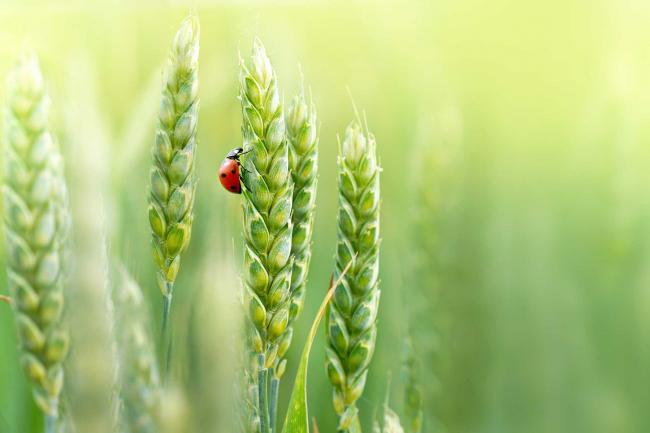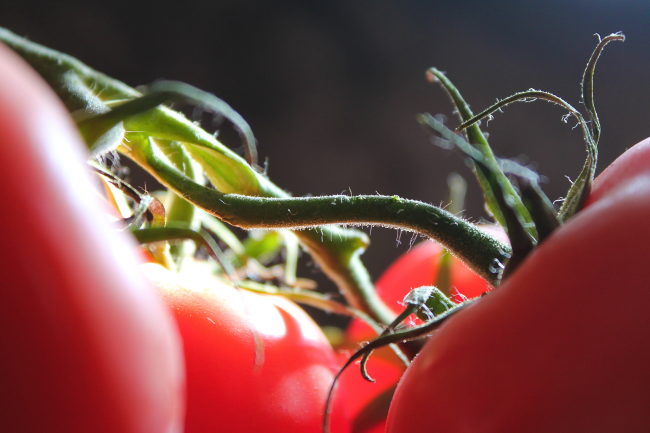
With the ambition to help the UK to become a global science superpower by 2030, the Government's new rules put sustainable, climate-friendly farming at the forefront of food production, while driving progress towards net zero and protecting nature.
Those leading the work say it will open the UK to a more scientific and proportionate approach to the regulation of genetic technologies and will push forward innovation while supporting scientists and farmers. Plant research can harness nature’s genetic resources through gene editing technologies, creating new opportunities to breed more resilient crops.
This will significantly reduce or eliminate the use of pesticides and herbicides to protect pollinators and encourage wider use of organic produce - with the potential of making crops more resistant to adverse weather and climate change.
By empowering UK researchers to use gene-editing technologies, farmers and the food industry will be able to produce plants at a higher quality and quantity. This will unlock opportunities to grow similar, natural varieties at a more efficient rate than traditional breeding methods but with increased nutrition and fewer chemical pesticides.
In response to the new legislation simplifying rules around UK gene editing plant research, Synthetic Biology Group Leader Dr Nicola Patron at the Earlham Institute based on Norwich Research Park, comments: “At the Earlham Institute, we use gene editing to investigate the function of genes and to develop plant traits that aim to improve the sustainability of agriculture. Field trials are an essential part of the research process, and we welcome DEFRA’s announcement that promises to make this process more accessible.
“For our research to have a positive impact on farming, the environment, and consumers, we need a clear pathway from the laboratory through to market. It's encouraging to see this commitment to review the regulation of genetic technologies and will allow our research to excel in supporting sustainable crop production and protecting our environment.”
Full notification of the new rules can be found as part of DEFRA’s announcement.



